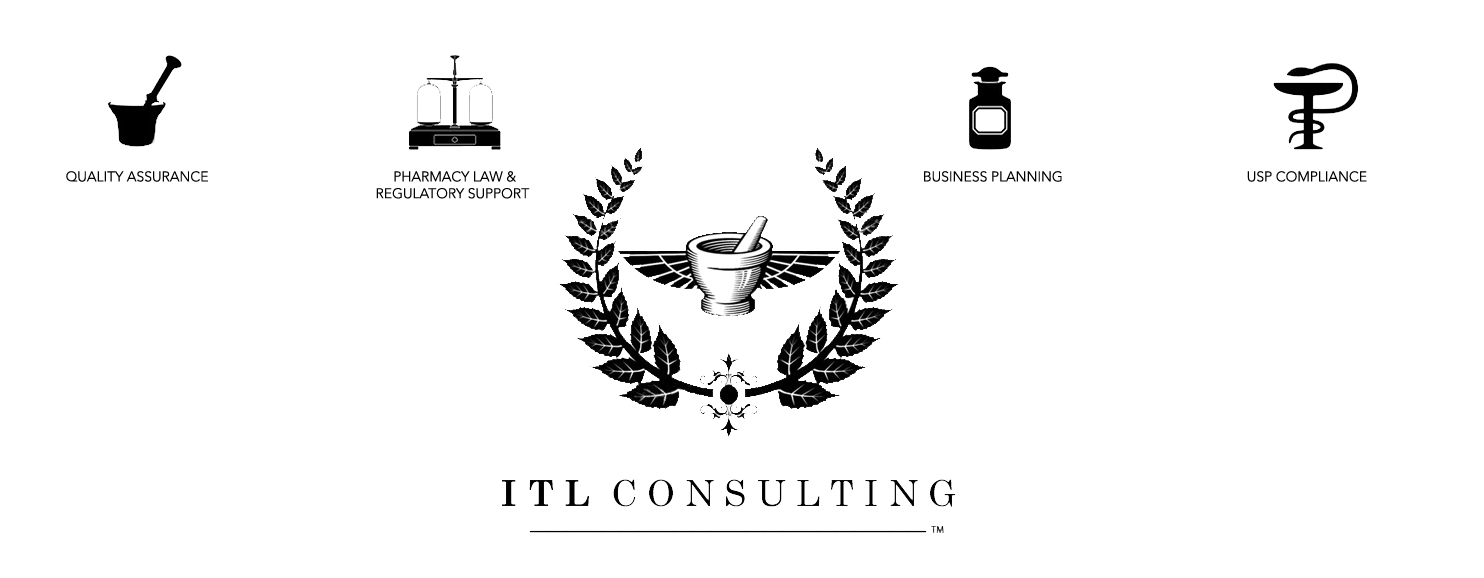In mid-February the FDA issued 5 draft guidance documents regarding the practice of pharmacy compounding. Among these documents stood out a draft memorandum of understanding- a document that dictates the terms under which a state board of pharmacy is expected to communicate with the FDA at the direction of the Drug Quality and Security Act (DQSA). The terms described in this document also allow pharmacies an expected percentage of prescriptions which may be shipped out of state. The major surprise however was seen in the document entitled "Mixing, diluting, or repackaging biological products outside the scope of an approved biologics license application". While these documents reflect the agency's current thinking on the said topics, they are not yet enforceable law. They do however, pose a very serious threat to the livelihood of compounding pharmacies focusing on the repackaging of biologics.
Draft Memorandum of Understanding (MOU) Between a State and the US FDA Addressing Certain Distributions of Compounded Human Drug Products
The memorandum of understanding seeks to define conditions under which state boards of pharmacy must alert the FDA when the practice of traditional (state-regulated or 503A) compounding potentially becomes outsourcing as defined by section 503B of the DQSA. The limit set forth in this document is 30% of distributed patient prescriptions, out of the total dispensed and distributed prescriptions. Per the FDA, "distribution" includes office use prescriptions as well as dispensing to individual patients or agents of patients. For many pharmacies, this 30% allowance may alleviate any concern about sending compounded medication out of state, but for others, the 30% is still well exceeded. Major concerns about this draft guidance are:
- States that do NOT sign an MOU may in fact face greater FDA interference with state/tradition compounding practice
- States that do NOT sign an MOU may still be responsible for communicating information about interstate shipping to the FDA
States that enter into an MOU with the FDA will be given the duty of investigating pharmacies that receive complaints and are responsible for reporting complaints to the FDA within 72 hours. Therefore, regardless of a state's election to sign an MOU with the FDA, states still face greater federal involvement in the practice of tradition pharmacy compounding.
Mixing, Diluting, or repackaging biological products outside the scope of an approved biologics license application
The contents of this guidance document do not directly reflect any aspect of congressional intent during the writing and passing of the Drug Quality and Security Act. Yet ,the FDA has put forth strict terms for the repackaging, mixing, diluting of biological drugs. While many patients depend on repackaged drugs, the language in this document would greatly restrict patient access to critical compounded treatments. The major implications of this document are as follows:
- For Outsourcing Facilities, repackaged biological drugs may be repackaged, as long as the beyond use date does not exceed 5 days if appropriate sterility and packaging compatibility studies are conducted; otherwise a 24 hour beyond use date with microbial studies may not be exceeded
- For traditional pharmacy compounders, repackaged biological drugs may be repackaged, as long as the beyond use date does not exceed 24 hours if appropriate sterility studies are conducted; otherwise a 4 hour beyond use date may not be exceeded
There are many other stipulations for the repackaging of biological products which can be read on the documents, however, these items represent the most significant restrictions on the practice. Despite numerous published studies available on the chemical stability and microbial profile of repackaged biological drug products, the FDA has established a means of effectively removing the possibility of pharmacies compounding biological products for patients and prescribers. Both physicians and pharmacists are left wondering how to combat these guidelines in order to preserve patient access to critical oncological, ophthalmological, and other therapies. The comment period for this guidance is from Feb 13 - May 13, 2015. ITL Consulting is providing testimony from sterile compounders and prescribers in order to voice the concerns for patient access to the FDA.
We urge all stakeholders to submit comments on these documents to ensure a positive effect in preserving patient access to repackaged biological drug products from pharmacy compounders.
guidance documents can be located here
http://www.fda.gov/NewsEvents/Newsroom/PressAnnouncements/ucm434270.htm
